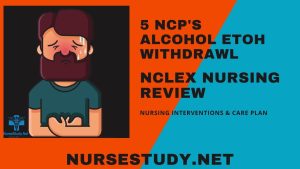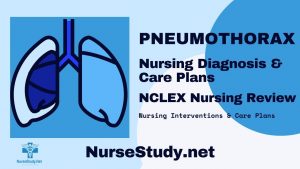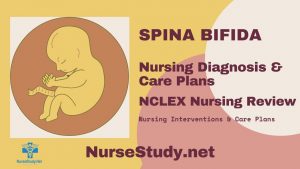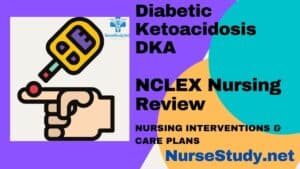Alcohol Withdrawal Nursing Diagnosis & Care Plan
Alcohol Withdrawal Syndrome occurs when individuals who have developed a physical dependence on alcohol suddenly cease or significantly reduce their intake. As a central nervous system depressant, alcohol creates profound changes in brain chemistry. When withdrawn, the brain experiences a state of hyperexcitability, leading to potentially severe and life-threatening symptoms. Clinical Manifestations Symptoms typically begin … See Nursing Diagnoses




